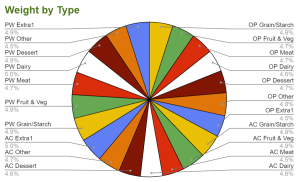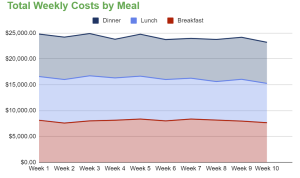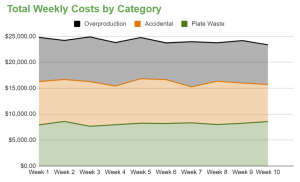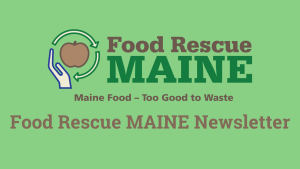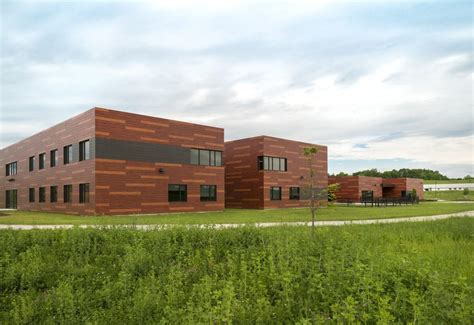
Pilot 1: Southern Maine Women’s Reentry Center
Project Goals
- To determine what foods were creating the most kitchen and plate waste in their facility.
- To reduce the money they were spending both on purchasing food and disposing of food that is not eaten, by developing a better knowledge of their waste.
- To develop strategies in the kitchen and with the residents in order to reduce food waste.
Methodology
- Conduct an on-site visit at the facility to see and understand how their operation works.
- Understand what their personal goals are. The Department of Corrections was focused on pre-consumer waste because during Covid, residents were taking their food back to their cells to eat.
- Create customized worksheets for their kitchen. Here, data was collected on a simple “pen-and-paper” food waste tracker.
- The facility would then take daily measurements and then at the end of the week, these data sheets were sent to our student intern to input into an excel spreadsheet. This helped with data accuracy, labor shortages at the facility, and with adjusting data inconsistencies.
- After 6 weeks, we met with the facility again to show them their report.
The Southern Maine Women’s Reentry Center Kitchen waste was measured from 10/4/2021 to 12/2/2021
Results
We worked with the Southern Maine women’s Reentry Center in Wyndham for two months to track kitchen waste for the approximately 100 meals served each day. We helped identify what parts of the kitchen were producing the most fixable waste.
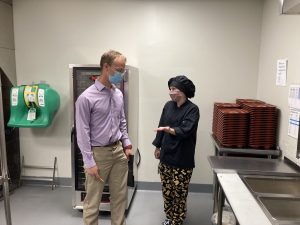
Ryan Fitzmaurice with Windham DOC
“If you’re interested in reducing your restaurant’s food waste and related costs and would like to see how we can help, please email us at foodrescuemaine@maine.edu,” explains Fitzmaurice. “It’s a smart way to save money, help feed your community, and protect Maine’s natural resources – all at the same time!” – Ryan Fitzmaurice, Mitchell Center Student Intern
![]()
Data Tracking System Used by Southern Maine Women’s Reentry Center.
The following graphs are templates (with randomized data) of the insights that you could have after a six week tracking program!
